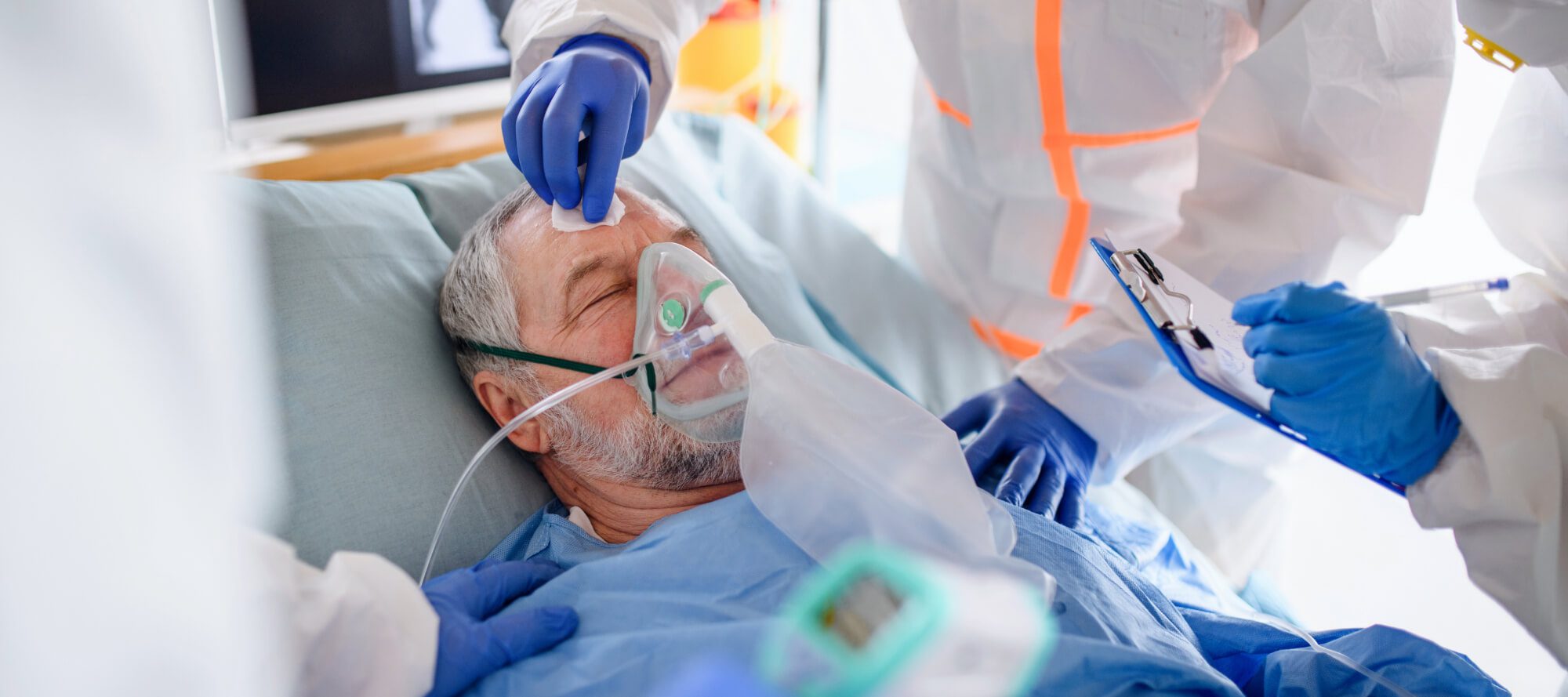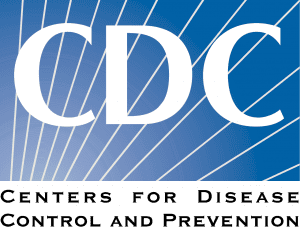- Genetic Tracing of Market Wildlife and Viruses at the Epicenter of the COVID-19 Pandemic
Highlights: Common ancestor of SARS-CoV-2 linked to Huanan market matches the global common ancestor; Wildlife mitochondrial DNA identified in samples from stalls positive for SARS-CoV-2; DNA from raccoon dogs, civets, and other wildlife species detected in market samples; Genotypes of potential hosts were reconstructed for retracing animal geographic origins. Authors write that zoonotic spillovers of viruses have occurred through the animal trade worldwide. The start of the COVID-19 pandemic was traced epidemiologically to the Huanan Seafood Wholesale Market. They analyze environmental qPCR and sequencing data collected in the Huanan market in early 2020. They demonstrate that market-linked severe acute respiratory syndrome coronavirus 2 (SARS-CoV-2) genetic diversity is consistent with market emergence and find increased SARS-CoV-2 positivity near and within a wildlife stall. They identify wildlife DNA in all SARS-CoV-2-positive samples from this stall, including species such as civets, bamboo rats, and raccoon dogs, previously identified as possible intermediate hosts. They also detect animal viruses that infect raccoon dogs, civets, and bamboo rats. Combining metagenomic and phylogenetic approaches, they recover genotypes of market animals and compare them with those from farms and other markets. This analysis provides the genetic basis for a shortlist of potential intermediate hosts of SARS-CoV-2 to prioritize for serological and viral sampling.
- Lower Mortality Risk Associated with Remdesivir + Dexamethasone versus Dexamethasone Alone for the Treatment of Patients Hospitalized for COVID-19
A large, multicenter U.S. hospital database was used to identify hospitalized adult patients, with a primary discharge diagnosis of COVID-19 also flagged as “present on admission” treated with remdesivir plus dexamethasone or dexamethasone alone from December 2021 to April 2023. Patients were matched 1:1 using propensity score matching and stratified by baseline oxygen requirements. Cox proportional hazards model was used to assess time to 14- and 28-day in-hospital all-cause mortality. A total of 33,037 patients were matched, with most patients ≥65 years old (72%), White (78%), and non-Hispanic (84%). Remdesivir plus dexamethasone was associated with lower mortality risk versus dexamethasone alone across all baseline oxygen requirements at 14 days (no supplemental oxygen charges: adjusted hazard ratio [95% CI]: 0.79 [0.72-0.87], low flow oxygen: 0.70 [0.64-0.77], high flow oxygen/non-invasive ventilation: 0.69 [0.62-0.76], invasive mechanical ventilation/extracorporeal membrane oxygen (IMV/ECMO): 0.78 [0.64-0.94]), with similar results at 28 days.
- Changes in Memory and Cognition During the SARS-CoV-2 Human Challenge Study
Thirty-four young, healthy, seronegative volunteers were inoculated with Wildtype SARS-CoV-2 under prospectively controlled conditions. Volunteers completed daily physiological measurements and computerized cognitive tasks during quarantine and follow-up at 30, 90, 180, 270, and 360 days. Linear modelling examined differences between ‘infected’ and ‘inoculated but uninfected’ individuals. The main cognitive endpoint was the baseline corrected global cognitive composite score across the battery of tasks administered to the volunteers. Exploratory cognitive endpoints included baseline corrected scores from individual tasks. Eighteen volunteers developed infection by qPCR criteria of sustained viral load, one without symptoms and the remainder with mild illness. Infected volunteers showed statistically lower baseline-corrected global composite cognitive scores than uninfected volunteers, both acutely and during follow up (mean difference over all time points = −0.8631, 95% CI = −1.3613, −0.3766) with significant main effect of group in repeated measures ANOVA (F (1,34) = 7.58, p = 0.009). Sensitivity analysis replicated this cross-group difference after controlling for community upper respiratory tract infection, task-learning, remdesivir treatment, baseline reference and model structure. Memory and executive function tasks showed the largest between-group differences. In this study, volunteers completed 11 computerised cognitive tasks in fixed order on an iPad during two consecutive days pre-inoculation (baseline), each quarantine day, and each follow-up visit. They found that decrements in memory precision and executive function were the main contributors to reduced task scores following infection. Volunteers who exhibited sustained viral load after inoculation with SARS-CoV-2 performed worse on a measure of global cognition, than volunteers who did not exhibit sustained viral load. This deficit persisted up to a year after inoculation. None of the volunteers reported subjective cognitive deficits, so they did not even realize they had these deficits.
Situation Dashboards

World Health Organization (WHO)
Novel Coronavirus (COVID-19) Situation from World Health Organization (WHO)

Johns Hopkins University (JHU)
Coronavirus COVID-19 Global Cases by the Center for Systems Science and Engineering (CSSE) at JHU

COVID-19 in US and Canada
1Point3Acres Real-Time Coronavirus (COVID-19) Updates in US and Canada with Credible Sources

Genomic Epidemiology COVID-19
Genomic Epidemiology of (COVID-19) Maintained by the Nextstrain team, enabled by data from GISAID.






